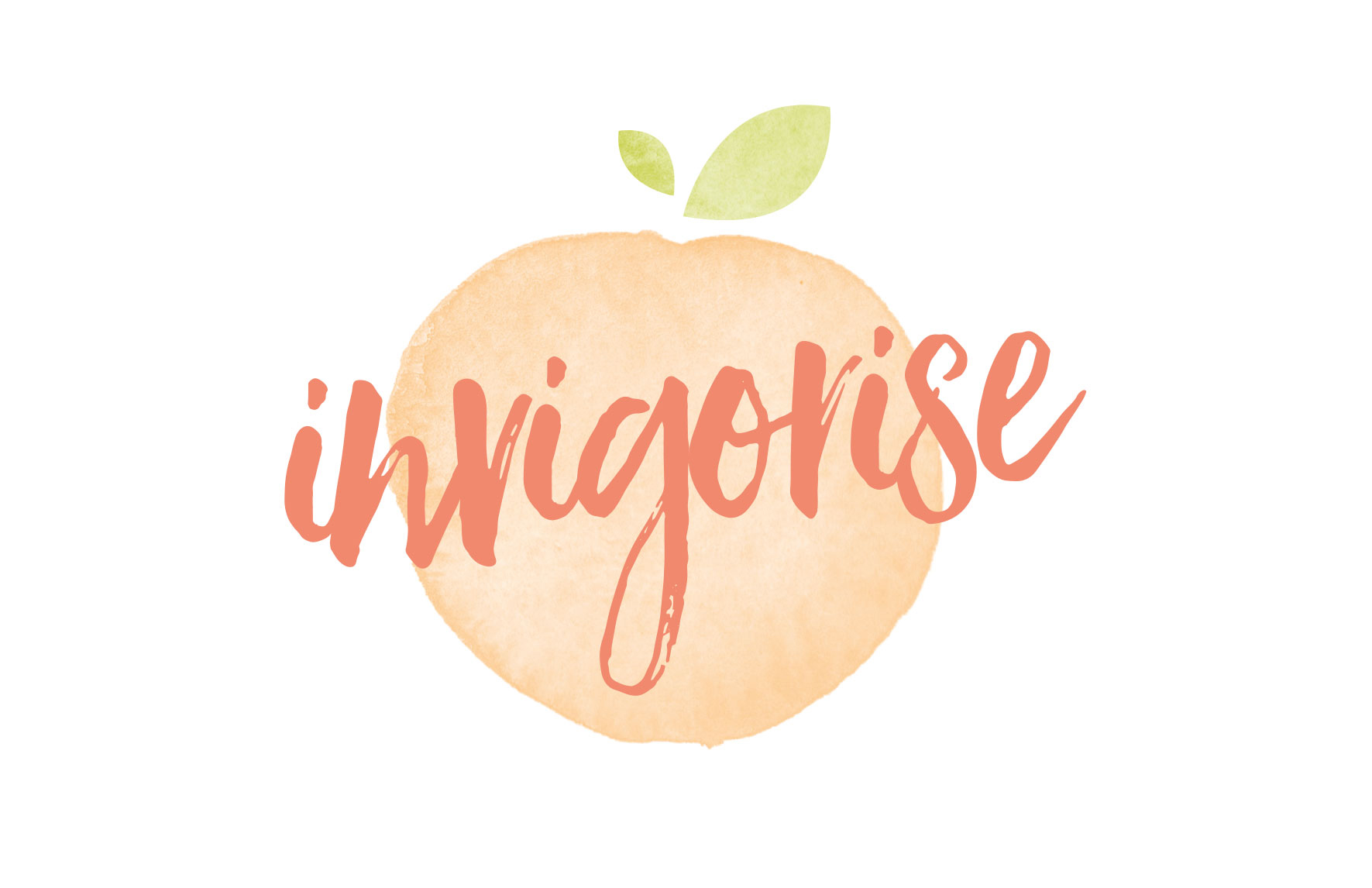Learning Self-Compassion: A Path to Emotional Resilience for Gen Z'ers
In a world that emphasises constant achievement and perfection, it's easy to overlook the importance of self-compassion. Yet, research reveals that self-compassion is not just a buzzword; it's a powerful tool for emotional resilience, psychological well-being, and even productivity. Learning to be compassionate with ourselves is crucial for handling life’s challenges, especially in times of stress or failure.
What Is Self-Compassion?
Self-compassion, according to Dr. Kristin Neff, one of the leading researchers in the field, involves three main components:
Self-kindness – Treating yourself with understanding and warmth, especially during difficult times.
Common humanity – Recognizing that suffering and imperfections are part of the shared human experience.
Mindfulness – Observing negative emotions and thoughts without getting overwhelmed or ignoring them .
Instead of being self-critical or harsh, self-compassion allows us to view ourselves through a lens of kindness, creating a more balanced emotional landscape.
The Science Behind Self-Compassion
A growing body of research shows that self-compassion is linked to numerous psychological benefits. Studies have found that those who practice self-compassion experience lower levels of anxiety, depression, and stress. Moreover, they tend to have higher levels of happiness, optimism, and life satisfaction .
Self-Compassion and Mental Health
One particularly compelling study published in Clinical Psychology Review found that self-compassion significantly reduces symptoms of anxiety and depression. The study reviewed data from over 14 independent studies and concluded that self-compassion offers protective benefits against psychological distress . This makes sense; when we treat ourselves with the same kindness we’d offer a friend, we are less likely to fall into cycles of self-blame and rumination.
How Self-Compassion Differs from Self-Esteem
It’s important to distinguish between self-compassion and self-esteem. While self-esteem is based on judgments about our value and often tied to external achievements, self-compassion is unconditional. Research shows that high self-esteem can sometimes lead to narcissism or a fear of failure when individuals base their worth on comparison and success . Self-compassion, on the other hand, doesn’t require us to be “better than” anyone else. It’s about accepting ourselves as we are, flaws and all, which leads to more stable and consistent emotional well-being.
Overcoming the Challenges of Self-Compassion
Many people struggle to develop self-compassion because they fear it will make them complacent or self-indulgent. However, research shows that self-compassion is not about letting yourself off the hook. In fact, self-compassionate individuals are more likely to take responsibility for their actions and are more committed to personal growth .
Another challenge is that self-compassion requires practice, especially if you have spent years being self-critical. But like any skill, self-compassion can be developed with time and effort. The key is to approach it with patience, recognizing that setbacks are part of the process.
Learning self-compassion is not only essential for emotional resilience but also has far-reaching benefits for mental health, motivation, and relationships. By practicing mindfulness, using compassionate self-talk, and treating yourself as you would a friend, you can cultivate a more supportive and balanced inner dialogue. The journey to self-compassion might not be easy, but it’s a worthy investment in your overall well-being.
Whether you're grappling with everyday stress or navigating major life challenges, self-compassion offers a sustainable way to cope, grow, and thrive. If you would like to know more about how to harness self compassion, we can teach you everything you need to know within our ‘ Nourish Me ‘ programme.
‘Nourish Me’ helps interrupt the slump you may be in, and teaches you how to be kinder to yourself. It has been specifically designed for our younger clients, typically aged under 30. Nourish me teaches you how to nourish your mind and your body by addressing your inner critical voice, and shows you how to be more self-compassionate.
Over the course of 6 weeks, we will help you change your eating habits, build your momentum to do more activity, help you manage stress easier and ensure you get a good night’s sleep.
To find out more get in touch today!

